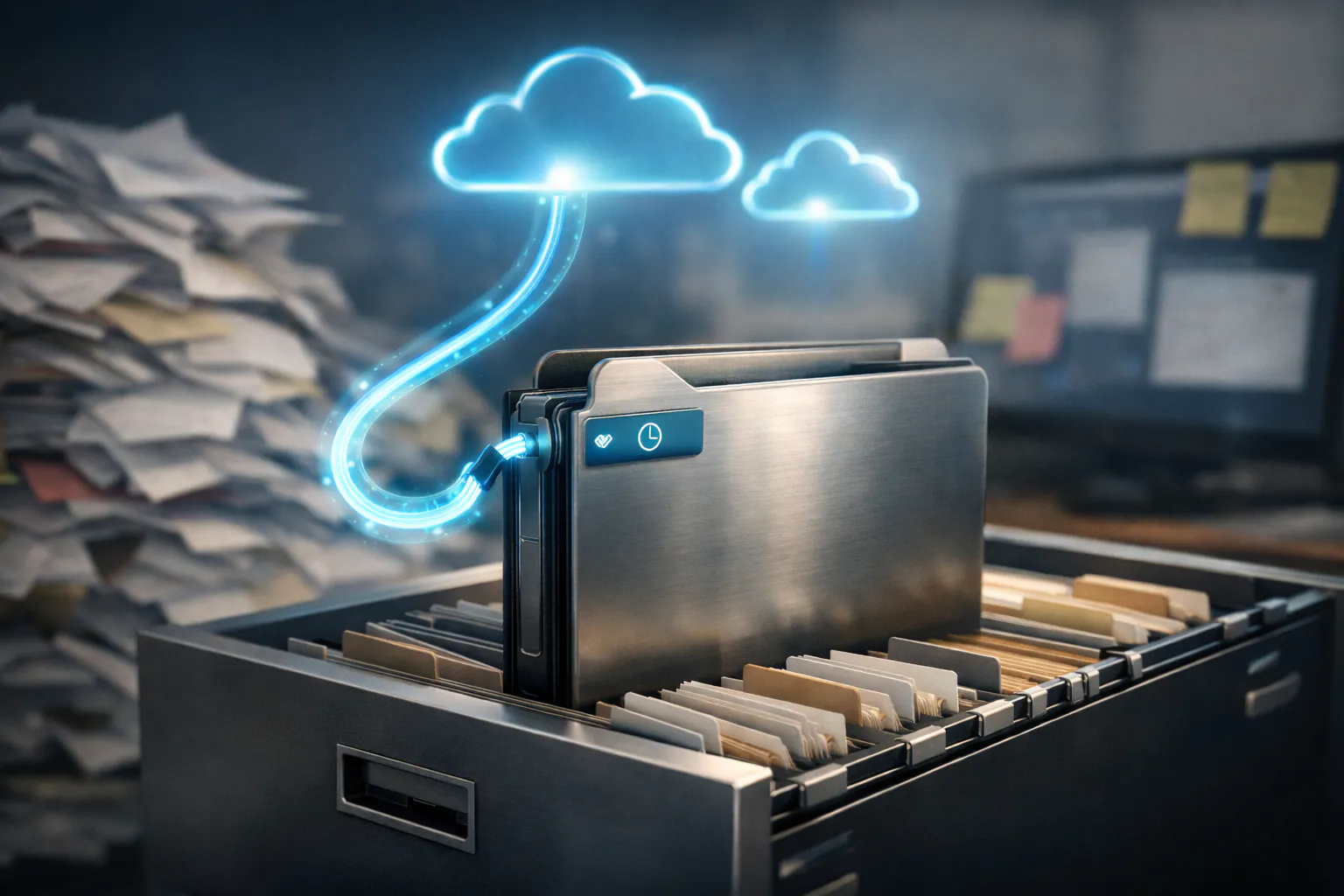Yes, AI Really Is the Next Great Technology Shift
Key Takeaways

By now, you may have used ChatGPT in your personal life—to write a song, make up a joke or even learn how to clean your piranha’s fish tank. And you have probably read about how companies are using ChatGPT, developed by OpenAI, to respond automatically to customer inquiries, build websites or summarize thousands of product reviews in seconds. These are all examples of generative AI, which learns from data—programming code, text, video or images—and uses what it has learned to create new digital content.
We believe that generative AI represents the next massive shift in computing, an inflection point similar to the magnitude of the personal computer, the internet, mobile devices and the cloud. With this shift come immense opportunities for people and organizations—new ways of working; new ways of understanding and engaging with customers, partners and suppliers; and new business models—all at massive scale.
When we reflect on the historic technology shifts of the past, we see a familiar pattern. Each enabled people and organizations to do unprecedented things. The personal computer gave computing power to billions. The internet connected us with each other and with the world’s knowledge and information. Mobile devices freed us to connect from virtually anywhere.
In hindsight, it’s common to see organizations that seize the moment turn out to be the biggest beneficiaries of seismic technology change. In the late ’90s and early 2000s, companies that used the internet to transform how they sold products, ran call centers and closed books tended to outperform those that simply added a URL to their television ads or posted a brochure on their website.
Generative AI represents a similar change in the way we use technology—but takes it one step further. It enables people to tell computers what they want in their own language, without the need for someone to anticipate every possible question or scenario in advance.
The Era of the AI “Copilot”
The Microsoft mission is to empower every person and every organization on the planet to achieve more. When we consider the relationship between people and AI, we think of AI as a kind of copilot, an expert helper empowering someone trying to accomplish a complex task. For example, Bing Chat is a copilot for search, enabling people to, among other things, ask questions, turn words into images, summarize articles and cite answers to questions.
We think of AI as a kind of copilot, an expert helper empowering a person who is trying to accomplish a complex task.
Here’s another example. Today, thousands of software developers use GitHub Copilot, an AI service from Microsoft subsidiary GitHub, to write basic programming code using everyday language. At last count, developers use Copilot to write 46% of the lines of code they produce, on average. Since Copilot handles many of the most repetitive, time-consuming tasks, developers can create software 55% faster, freeing them to spend time on higher value and more interesting work. Three out of 4 say their job is more fulfilling as a result.
This is just one example of what AI copilots can do. Rapid advancements in large language models are not only capturing our imaginations but also unlocking more possibilities across search, productivity and creativity, as well as in uses like health care or security. In fact, we envision a time when people will have multiple copilots to help us with every aspect of our work and personal lives.
A Foundation for Responsible AI
As our vice chair and president, Brad Smith says, “We recognize that the stakes are high. AI may well represent the most consequential technology advance of our lifetime.” This is why, for more than six years, Microsoft has invested in a cross-company program to ensure our AI systems are responsible by design. Our work is guided by a core set of AI principles: fairness, reliability and safety, privacy and security, inclusiveness, transparency and accountability. In addition, we are developing standards to help the entire industry create safer outcomes. OpenAI’s leading research on AI Alignment and Microsoft’s Responsible AI Standard not only establish a leading and advancing framework for the safe deployment of our own AI technologies, but will also help guide the industry toward more responsible outcomes.
We recognize that the stakes are high. AI may well represent the most consequential technology advance of our lifetime. Brad Smith, Vice Chair and President, Microsoft
The current moment, as the global workforce contracts and productivity remains flat, is the right time to challenge our assumptions about how people and technology can work together. As Microsoft chairman and CEO Satya Nadella said at The Future of Work with AI event in March 2023, “As we look ahead, we believe this next generation of AI will unlock a new wave of productivity growth, with powerful copilots designed to remove the drudgery from our daily tasks and jobs, freeing us to rediscover the joy of creation.”
This is the first of a three-part special report on AI in the enterprise. Please join us for the second and third parts in this series, where companies at various stages of their journey will share what they are learning about how to thrive in this new era of AI.
If you would like to learn about Microsoft Azure and our AI integration services, schedule a call today.




